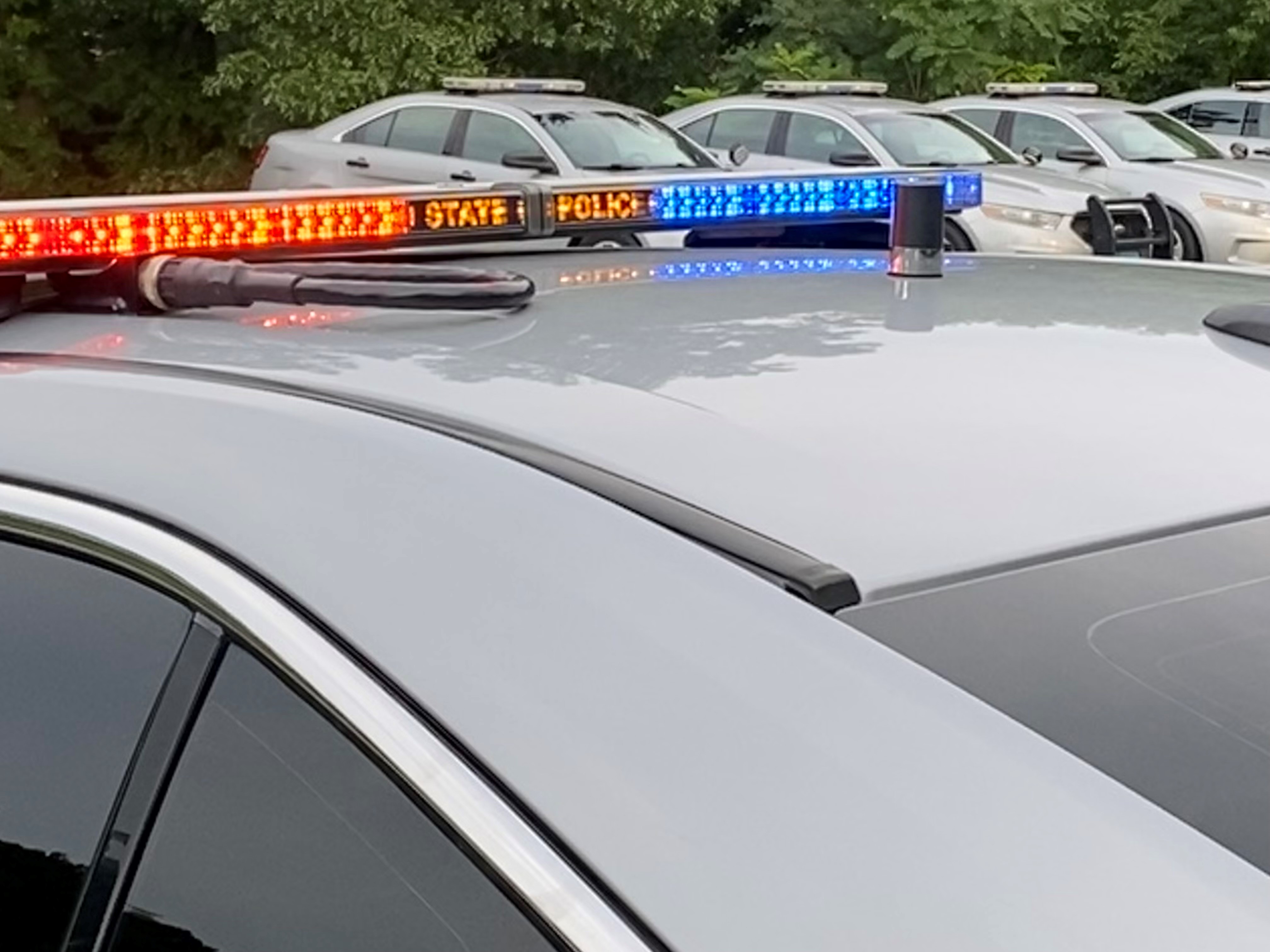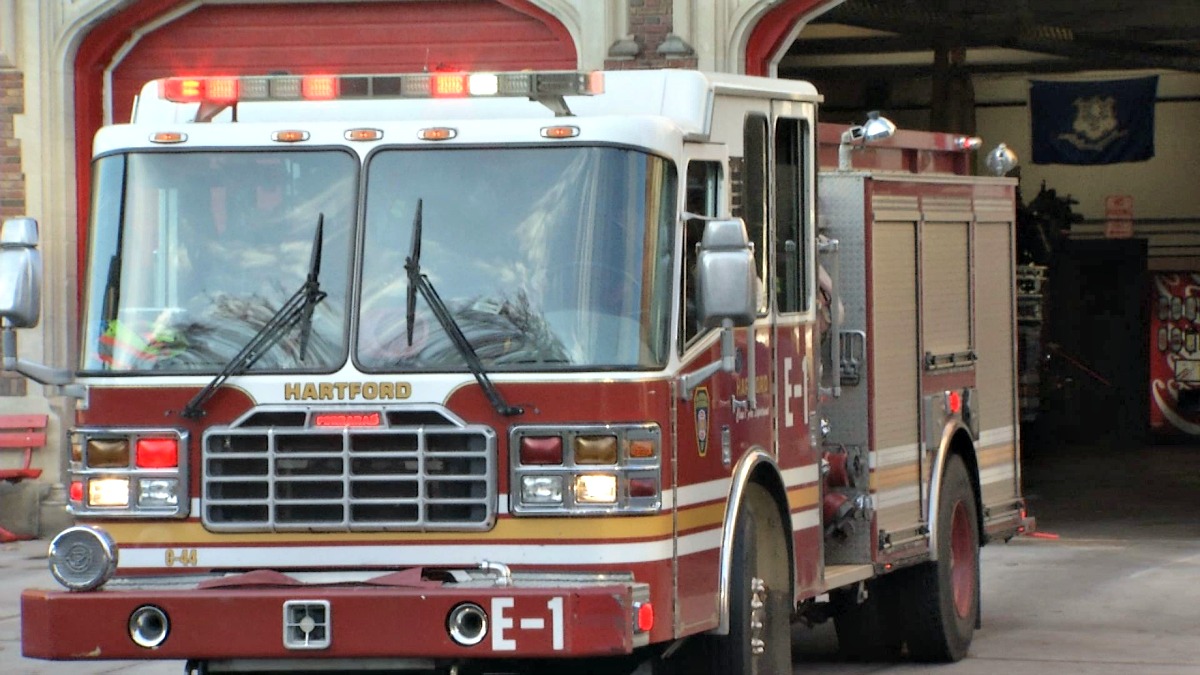The state of Connecticut already has a so-called “drug dealer” tax and state lawmakers today will be discussing changes in the law for taxes collected to go to the cities and towns that actually bust the dealers.
The state law that passed in 1989 imposes a tax of $3.50 for anything up to a gram of marijuana, unless an individual lawfully possesses marijuana, $200 per gram of a controlled substance or $2,0000 per 50-dose unit if the substance in not sold by weight.
"“This bill would deliver some desperately needed revenue to struggling municipalities and incentivize local police to enforce the law. There is no reason that this revenue stream should be directed into the General Fund just to feed our bloated state government at a time when residents are suffocating under sky high property taxes.” Rep. Arthur O'Neill, a Republican from Southbury who has long been in favor of this plan, said in a statement.
Revenues are now deposited to the state's General Fund, but the tax is only enforced under certain circumstances, according to the state Department of Revenue Services.
Municipalities, through the drug asset forfeiture program, which allows the municipalities to seize drugs and property when they make an arrest.
Should that not be an option, the towns can work with the state's attorney to recoup money, according to the Department of Revenue Services. If the taxes are enforced, that only happens through wage garnishment after a drug dealer is released from prison.
Money comes in over time. In fiscal year 2010-2011, the state collected $33,610. In fiscal year 2009-2010, the state collected $22,321.
A public hearing on Friday will be held for lawmakers to hear opinions on legislation that would allow cities and towns to collect revenue from the controlled substance tax after a drug dealer is arrested.
Neill said the bill would expand the current controlled substances tax and allow towns to financially benefit from drug dealer arrests.
O'Neill said the bill targets large amounts of marijuana or other drugs and could give police departments an incentive to pursue more drug cases.
It's not clear from the legislation how the program would work.



